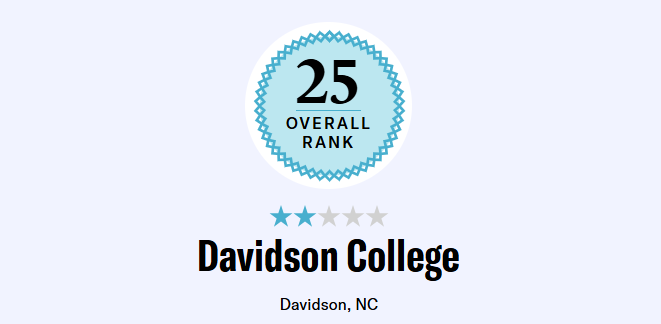Incubate Debate: Offering an antidote to GenZ mind poisoning
Colleges across America see the first signs of a repeat of what happened in California after 1996.
By Bill Freza
Heterodox STEM - Substack
September 8, 2024
I recently had the pleasure of serving as one of the judges for a high school debate program called Incubate Debate held at the New College of Florida. It also included an evening speaking to and with the students involved, who ranged in age from 12 to 18. They had spent an entire week in this residential program training for the big event, learning how to research and debate complex and controversial issues with vigor, clarity, and civility.
I was shocked by how outspoken, courageous, courteous, studious, poised, well-informed, attentive, and totally uninfected by the Woke Mind Virus these kids were. It gives me fresh hope for the next generation.
If you haven’t been following the news on national high school debate programs, in particular the tournaments run by the high-profile National Speech & Debate Association (NSDA), you may not be aware of how hopelessly politicized these have become. All of the pathologies spawned by university DEI and CRT programs have filtered down into this once respected organization, leading to self-censorship pressures and effective cancellation for any students who don’t toe the progressive line.
Lest you think I exaggerate, take a look at the profile statement of one of the judges of the 2024 NSDA finals, who was herself the 2019 national debate champion.
“Before anything else, including being a debate judge, I am a Marxist-Leninist-Maoist. . . . I cannot check the revolutionary proletarian science at the door when I’m judging. . . . I will no longer evaluate and thus never vote for rightest capitalist-imperialist positions/arguments.”
When you’re done digesting that, watch and listen to the 2024 NSDA Duo Champions give their award-winning speech. This is real, not the Babylon Bee. Pericles’ funeral oration it’s not.
Painfully aware of this deterioration, former high school debate champion James Fishback founded Incubate Debate in 2019 as a donor supported not-for-profit that enables students from all socioeconomic backgrounds to participate. He set out to Make Debate Great Again and judging by what I saw he’s delivering on his promise.
Watching these kids debate you know right away that something is different when they formally address each other as Mister and Miss. Disrespect and ad hominem attacks are out.
Facts and reason are in. A tremendous comradery was in evidence even as they went at each other hammer and tong, reminding me of those precious midnight bull sessions that were such a big part of my college experience fifty years ago.
Unlike the NSDA, which front-loads its debate questions with heaping helpings of wokeness like “How should the education system be reformed to address systemic inequities?” the last Incubate Debate finals tackled the vexing question “Should college DEI programs be abolished?”
What was perhaps most inspiring interacting with these kids is how eager they were for constructive criticism and feedback, as well as how supportive they were of each other. It’s as if they escaped the toxic identity-besotted ideological swamp into which K-12 education has devolved, seeking an oasis of open discourse where heterodoxy can thrive. What a concept.
To date Incubate Debate has only been active in Florida, Georgia, and South Carolina, but this fall it will be launching Incubate Leagues in New York and Los Angeles. Taking the program directly into the heart of Progressive Mordor, they plan to welcome over 10,000 students to their no-cost, in-person tournaments.
If you have school-age children in these areas, encourage them to participate. And if you have the means and are so inclined, consider supporting this worthy program.
Bill Frezza is a retired engineer, entrepreneur, and venture capital investor, now co-founder and secretary of the MIT Free Speech Alliance.



